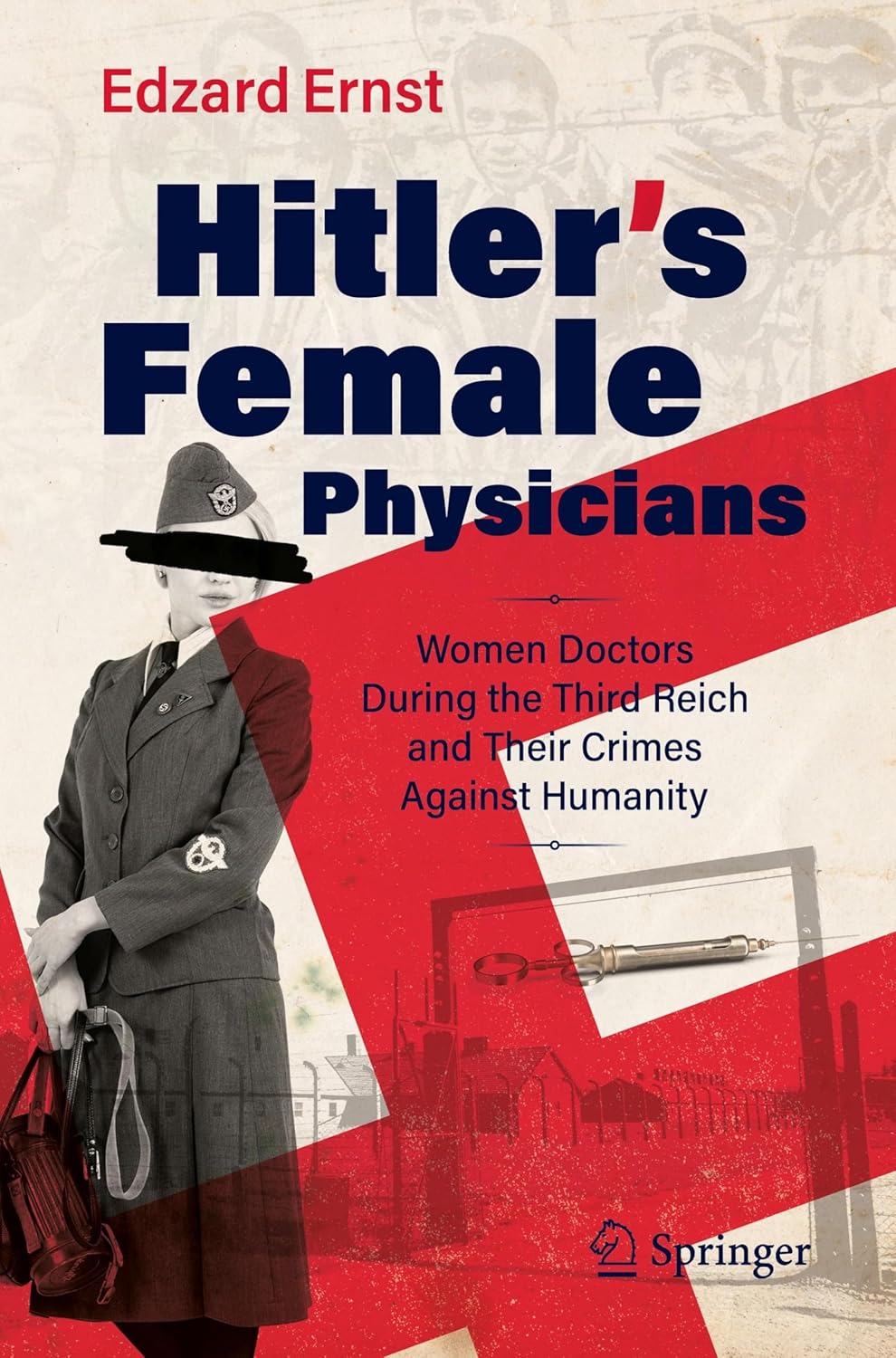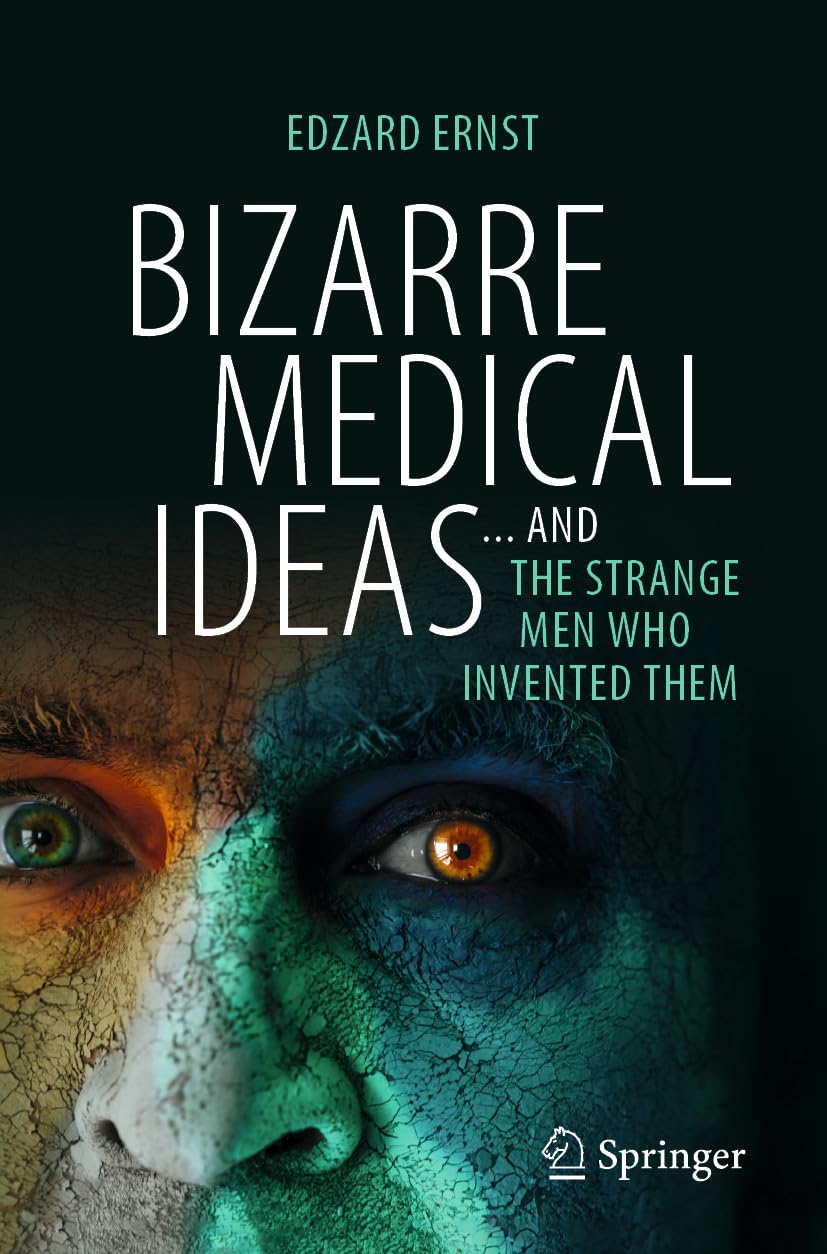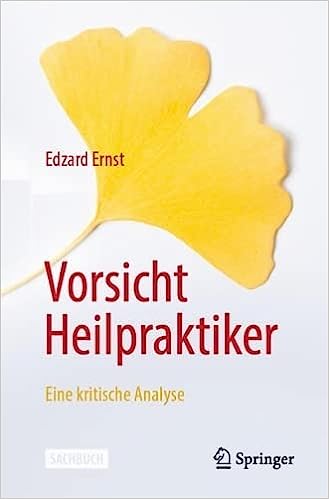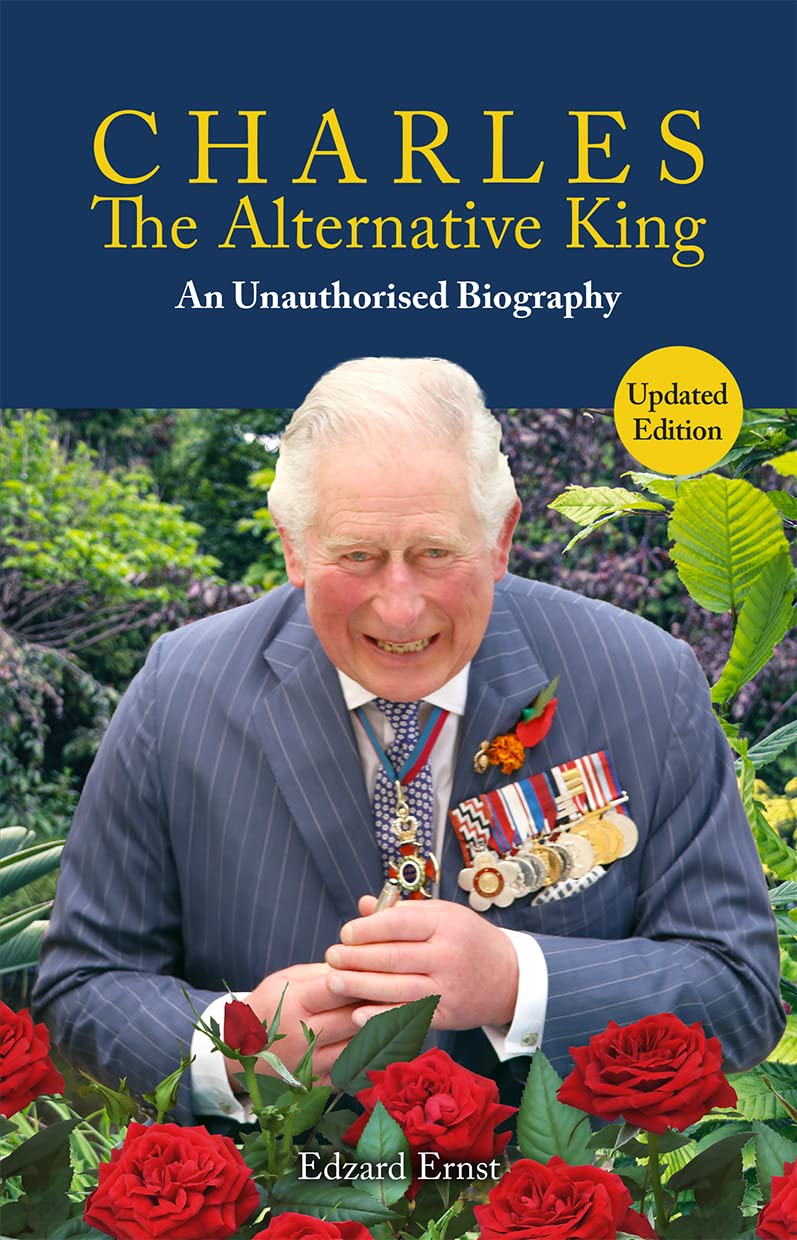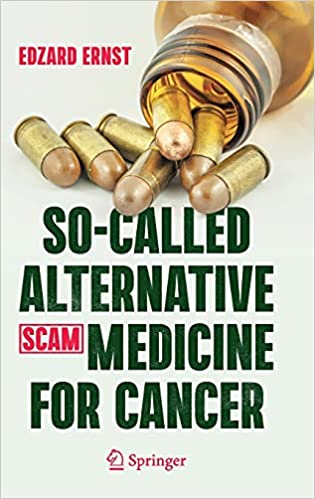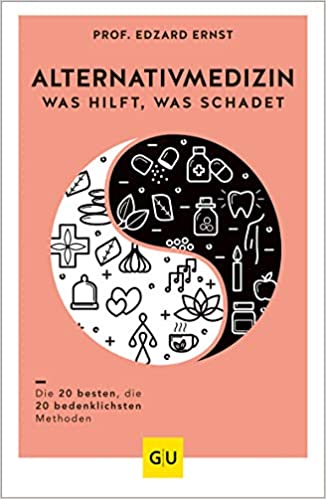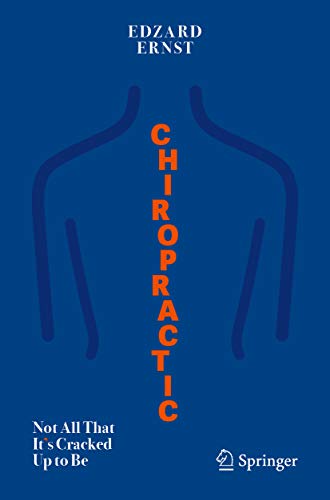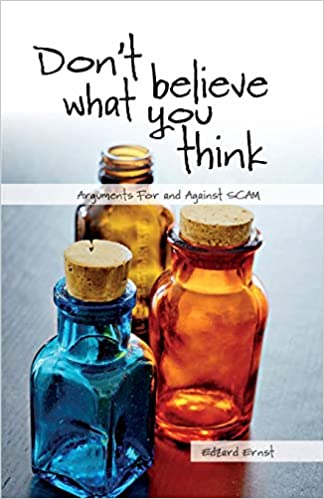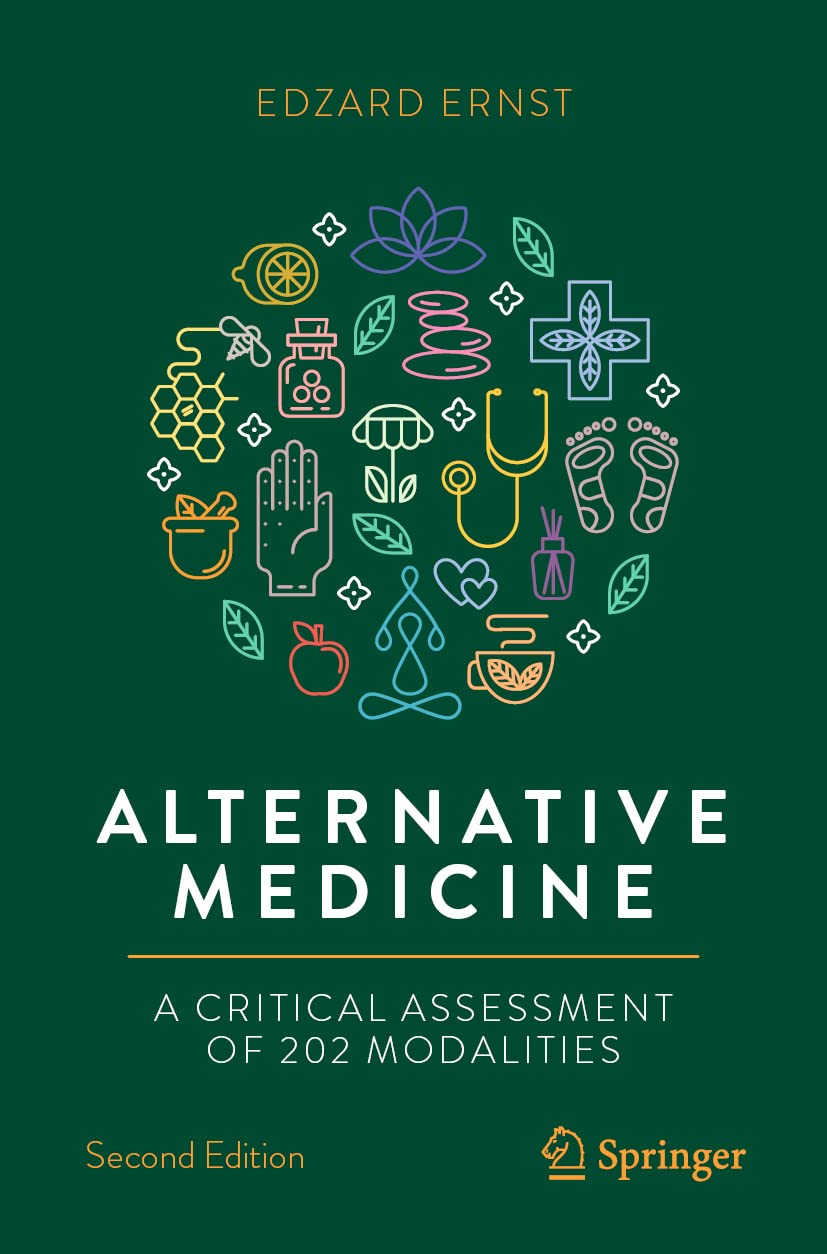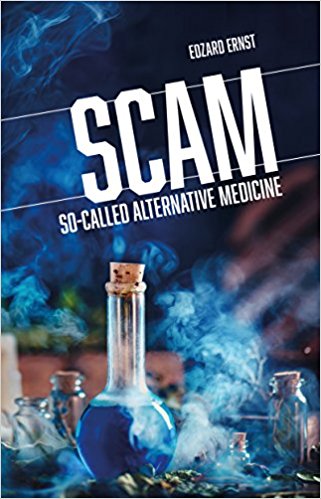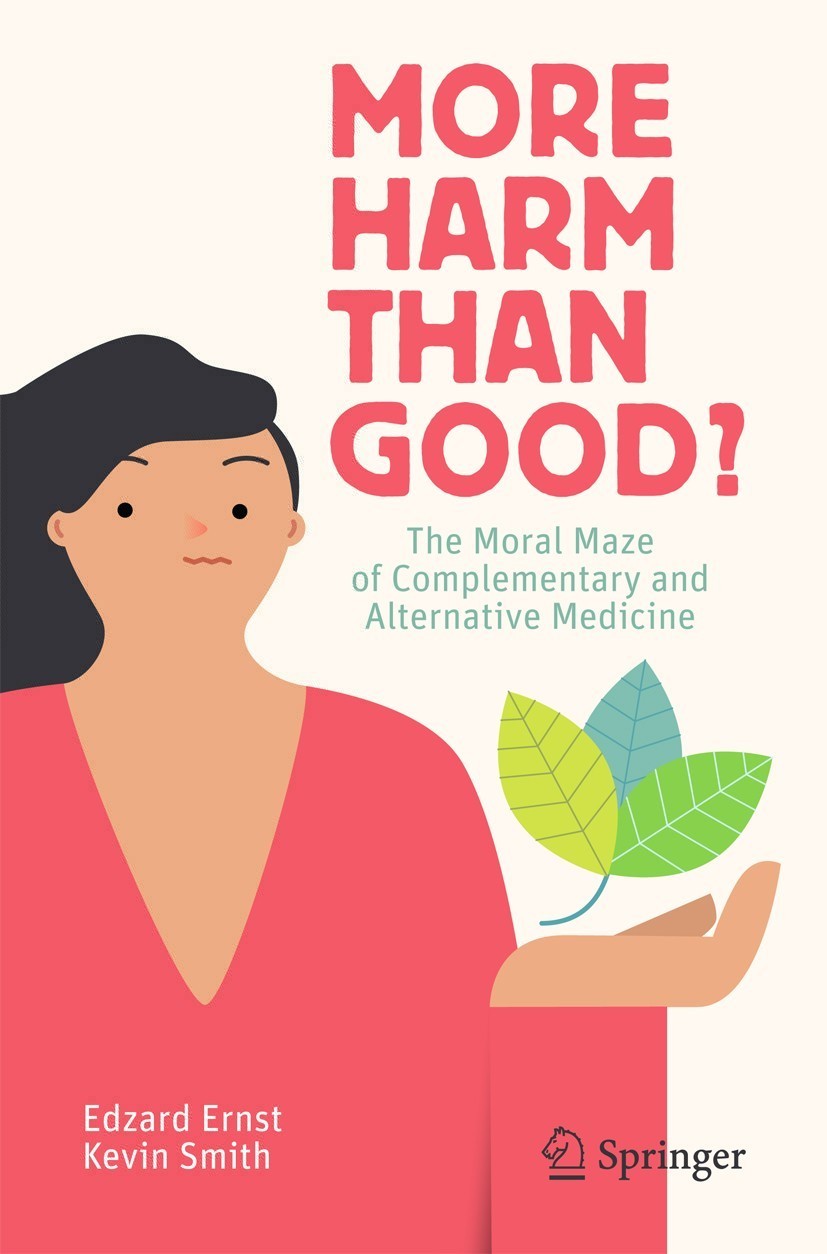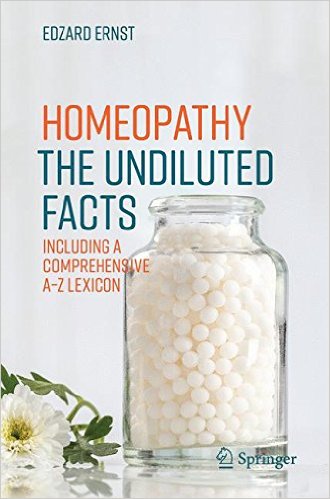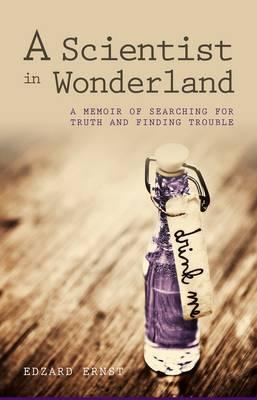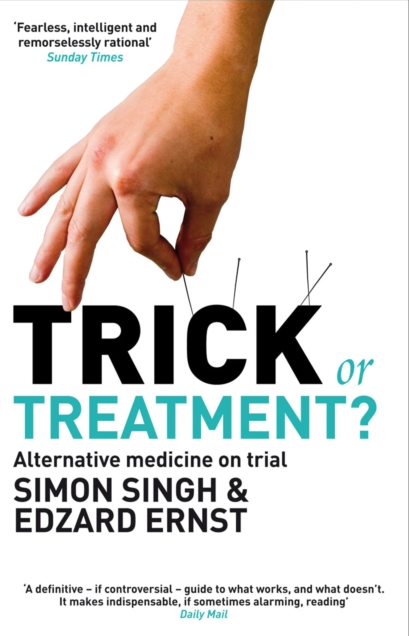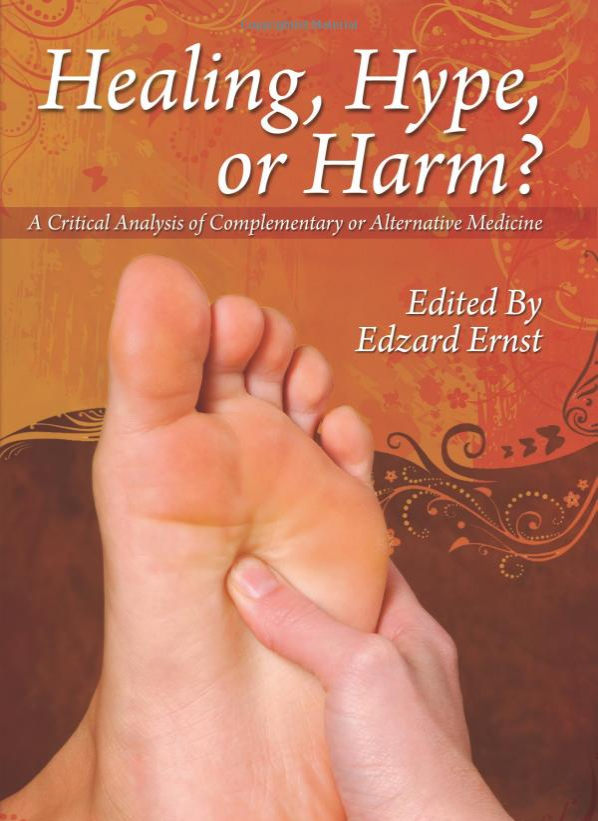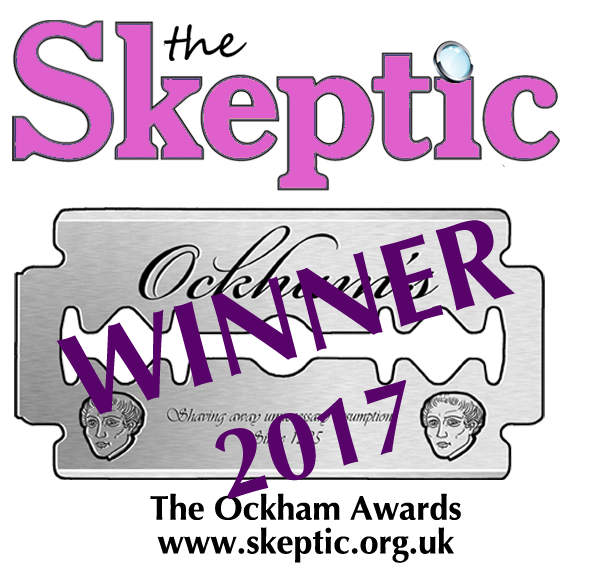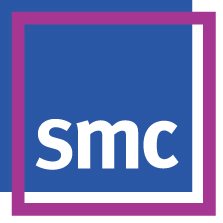A Winnipeg woman is suing her chiropractor, claiming he injured her by tearing an artery during treatment and that she suffered a stroke as a result. The woman had been a patient at Maples Chiropractic in Winnipeg for some time, and she had previously indicated that she did not want the chiropractor treating or adjusting her neck. In May 2023, the patient suffered a right vertebral artery dissection as a result of treatment. “Due to this injury from the treatment, [the plaintiff] suffered a stroke,” says the statement of claim, filed late last month in Court of King’s Bench at Winnipeg.
Maples Chiropractic is claimed to have failed to give the patient immediate care to minimize the effects of her injury. The patient was admitted to hospital at the Health Sciences Centre. The allegations have not been tested in court and statements of defence have not yet been filed. The lawsuit names as defendants the chiropractor, Gilbert Miranda, and his company, Everybody Health Inc., which operates Maples Chiropractic. The lawyer for the plaintiff declined to comment on the case.
The claim states that the patient will need ongoing therapy, psychological treatment and medical attention. It seeks an unspecified amount in damages for the patient’s alleged pain and suffering, loss of income and loss of enjoyment of life. The chiropractor allegedly failed to warn the patient about the risks associated with the chiropractic treatment, “specifically failing to warn her that a stroke could occur from the treatment or from any injury caused by the treatment”. The claim states that the chiropractor was negligent for not obtaining informed consent from the plaintiff about the treatment in general, and specifically for the treatment that allegedly resulted in injury.
__________________
Let me be clear: this case report – like so many similar ones – lacks important details and thus cannot be interpreted properly. Chiropractors will therefore claim – as they did so many times before – that the case does not amount to evidence. They will also pretend that chiropractic manipulations are safe and that there is no sound evidence to prove otherwise. They can make this claim because the chiropractic profession has – since ~120 years! – resisted adopting an adequate monitoring system for registering events like the one above.
And let me be clear again: such claims by chiropractors are based on self-interest and willful ignorance, polite expressions for ‘dishonesty’.
I had never tried it before, but yesterday I could no longer resist. so, I asked GROK the following question:
Who are the leading researchers in alternative medicine?
Here is the answer in full:
-
Andrew Weil, MD
-
Contribution: Founder of integrative medicine, Weil is a prominent figure advocating for the combination of conventional and alternative therapies. He established the Andrew Weil Center for Integrative Medicine at the University of Arizona, which trains physicians and conducts research on CAM practices.
-
Focus: His work emphasizes holistic health, nutrition, and mind-body interventions. He has authored numerous books, such as Spontaneous Healing, promoting evidence-based alternative approaches.
-
Impact: Weil’s influence is significant in mainstreaming integrative medicine, though critics argue his advocacy sometimes outpaces rigorous scientific evidence for certain therapies.
-
-
Edzard Ernst, MD, PhD
-
Contribution: A former professor of complementary medicine at the University of Exeter, Ernst is one of the most prolific researchers evaluating the efficacy and safety of CAM. He co-authored Trick or Treatment with Simon Singh, critically assessing therapies like acupuncture and homeopathy.
-
Focus: Ernst’s work focuses on applying rigorous scientific standards to CAM, often highlighting methodological flaws in existing studies. He is a skeptic of unproven therapies, advocating for evidence-based practice.
-
Impact: His critical approach has shaped the debate on CAM’s scientific validity, though some alternative practitioners view his work as overly dismissive.
-
-
Dietlind L. Wahner-Roedler, MD
-
Contribution: A researcher at the Mayo Clinic, Wahner-Roedler has studied physician attitudes toward CAM and the knowledge base for therapies like acupuncture and herbal medicine. Her 2006 study surveyed internists at Mayo Clinic, revealing mixed attitudes toward CAM integration.
-
Focus: Her research explores how CAM can be integrated into conventional medical settings, emphasizing evidence-based applications and physician education.
-
Impact: Her work provides insights into bridging CAM and conventional medicine, particularly in academic medical centers.
-
-
George Lewith, MD
-
Contribution: A UK-based professor at the University of Southampton, Lewith was a leading advocate for CAM research, particularly in acupuncture and homeopathy. He published extensively on clinical trials and mechanisms of action for these therapies.
-
Focus: Lewith’s research aimed to provide scientific validation for CAM, exploring placebo effects and patient outcomes.
-
Impact: His work helped legitimize CAM research in the UK, though some studies faced criticism for small sample sizes or inconclusive results.
-
-
David Eisenberg, MD
-
Contribution: A Harvard Medical School professor, Eisenberg is known for his landmark 1993 study in the New England Journal of Medicine, which documented the widespread use of CAM in the United States. His work prompted increased federal funding for CAM research.
-
Focus: Eisenberg’s research focuses on CAM utilization trends, safety, and integration into healthcare systems.
-
Impact: His studies have influenced policy, leading to the establishment of the National Center for Complementary and Integrative Health (NCCIH).
-
-
National Center for Complementary and Integrative Health (NCCIH): Part of the U.S. National Institutes of Health, NCCIH funds research into CAM therapies, prioritizing rigorous clinical trials. It supports studies on acupuncture, herbal supplements, and mind-body practices, with a budget of $128.8 million in 2010. Critics note that despite significant funding, many studies yield inconclusive results due to methodological challenges.
-
CAMbrella: A European research network involving 16 institutions across 12 countries, CAMbrella fosters collaborative research on CAM’s efficacy and safety.
-
International Society for Complementary Medicine Research (ISCMR): This multidisciplinary organization supports global research into CAM, facilitating knowledge exchange among professionals.
The field of alternative medicine is polarized. Proponents like Weil and Lewith argue for its potential to address gaps in conventional medicine, such as chronic disease management or patient dissatisfaction. However, skeptics like Ernst highlight that much CAM research suffers from poor methodology, small sample sizes, or bias, with therapies often failing to outperform placebos in well-designed trials. The NCCIH’s substantial funding has not always translated into clear evidence of efficacy, raising questions about resource allocation. Additionally, some alternative therapies rely on anecdotal evidence or cultural tradition rather than scientific validation, complicating their acceptance in mainstream medicine.
-
Diversity of CAM: CAM includes hundreds of practices, from acupuncture to energy healing, making it difficult to identify researchers who lead across all areas. Most specialize in specific modalities.
-
Lack of Centralized Data: Unlike conventional medicine, CAM lacks a unified research infrastructure, and many practitioners are not primarily researchers, focusing instead on clinical practice.
-
Evolving Field: The shift from “alternative” to “complementary and integrative” medicine reflects growing acceptance, but research standards are still developing, and many studies are underpowered or inconclusive.
-
Mild to Moderate Side Effects (Common):
-
Temporary soreness, stiffness, or discomfort at the manipulation site (affects 30-55% of patients).
-
Headaches or fatigue, typically resolving within 24-48 hours.
-
-
Serious Complications (Rare):
-
Vertebral Artery Dissection (VAD): Cervical manipulation (neck adjustments) can, in rare cases, cause a tear in the vertebral artery, potentially leading to stroke. Estimated incidence: 1 in 100,000 to 1 in 5.8 million adjustments. Risk is higher in patients with pre-existing vascular conditions.
-
Disc Herniation or Nerve Compression: Spinal manipulation may worsen or cause disc issues, leading to pain, numbness, or weakness (incidence unclear but rare).
-
Cauda Equina Syndrome: Extremely rare, where lumbar manipulation might compress nerves, causing severe neurological symptoms like loss of bladder control.
-
-
Other Risks:
-
Misdiagnosis or Delayed Diagnosis: Chiropractors may miss serious conditions (e.g., fractures, tumors, infections) if not properly evaluated, delaying medical treatment.
-
Contraindications: Manipulation is riskier for patients with conditions like osteoporosis, spinal cord compression, or inflammatory arthritis. Inappropriate application can lead to fractures or worsening symptoms.
-
-
Practitioner Variability:
-
Risks increase with inexperienced or poorly trained chiropractors. Techniques like high-velocity, low-amplitude thrusts require precision to avoid injury.
-
-
Choose a licensed chiropractor with verified credentials.
-
Disclose full medical history, especially vascular or neurological conditions.
-
Seek medical evaluation for red flags (e.g., severe pain, neurological symptoms) before chiropractic care.
The French newspaper ‘L’Express’ just published an open letter that might be of considerable relevance to the readers of this blog. Here is my translation:
Since 2016, all private sector employers have been required by law to offer supplementary health insurance to their employees. As a result, 96% of the population is now covered. The costs for this are also borne by each household, social security contributions and common taxes used to fund the general health insurance scheme.The same obligation applies since 2020 for the State in respect of its civil servants, and the French Ministry of Education, the country’s largest public employer, has just signed contracts with MGEN and CNP assurance. This contract, which complies with the ministerial order implementing the law and setting out the cover provided, is a cause for concern, as it provides for coverage of non-conventional healthcare practices (e.g. homeopathy, osteopathy, acupuncture, naturopathy, chiropractic, relaxation therapy, etc.). According to the Ministry of Health itself, most of these practices have ‘not been the subject of scientific or clinical studies demonstrating their modes of action, their effects, their effectiveness or their harmlessness’.This coverage would reinforce the general public’s belief that these treatments are effective. This is happening while proven therapies such as psychology, prescription sport and dietetics are rarely covered by mutual insurance companies.In a report published in September 2024, the French Senate proposed to counter the sharp rise in complementary health insurance charges by reviewing the coverage of unconventional healthcare practices (so-called alternative medicine, SCAM). According to this report, the cost of these practices has increased fivefold over the last eight years, reaching almost €1 billion in 2023, excluding the cost of spa treatments.
Therapeutic excesses
We support this proposal. It is clear to us that, in addition to being useless, these unproven practices mislead patients as to what constitutes genuinely effective treatments, when in fact they are nothing more than an expenditure that does nothing to improve the health of anyone, at the expense of genuinely beneficial care. What’s more, they expose us to the risk of therapeutic aberrations, or even the abandonment of care in cases where it is necessary.The government says it wants to make savings on health spending. Wouldn’t it be more effective, and also better understood by the general public, to do so by promoting treatments whose effectiveness is supported by a scientific consensus? And would it not be better to stop the reimbursement of unproven practices likely to lead to delays in treatment and health abuses? We need to set a limit on ‘private solidarity’ expenditure, the cost of which continues to rise well above the rate of inflation, particularly for the most vulnerable households and the elderly.
The Ministry’s announcement of initiatives to combat misinformation in the health sector cannot be reconciled with the funding of unconventional therapies, about which Miviludes has repeatedly warned. The work of the Descartes Foundation shows that sensitivity to these practices and sensitivity to esotericism are linked, creating a breeding ground for health misinformation and conspiracy theories.
An individual choice
Mutual insurance companies cannot legitimise wellness practices at the expense of optimum reimbursement for proven treatments. Health issues are everybody’s business, and the most vulnerable should be able to count on national solidarity in the interests of all French people.
The Collectif No FakeMed is calling on the authorities to be rigorous in ensuring that only practices based on scientific knowledge, in both health economics and evidence-based medicine, are covered by the public purse and mutual insurance companies. It is possible to offer a cover for some wellness treatments, but this must be a matter of personal CHOICE, and therefore an option, not an obligation.
Signatories
Institutions and associations:
- Collectif No Fakemed;
- Conseil national de l’ordre des masseurs-kinésithérapeutes;
- Conseil national de l’Ordre des Sages Femmes;
- Conseil national de l’Ordre des pédicures-podologues;
- Collectif ‘Vaccins France informations & discussions’;
- Collectif Chanology France; syndicat ReAGJIR.
Individual signatories:
- Pr Agnès Buzyn, ancienne ministre, présidente du think tank Evidences ;
- Dr Pierre de Bremond d’Ars, médecin généraliste et président du Collectif No Fakemed ;
- Isabelle Derringer, présidente du Conseil de l’Ordre des Sages Femmes ;
- Pascale Mathieu, présidente du Conseil national de l’ordre des masseurs kinésithérapeutes ;
- Dr Eric May, médecin généraliste, directeur santé Malakoff, président de la Fédération Nationale de Formation des Centres de Santé ;
- Éric Prou, président de l’Ordre national des pédicures podologues ;
- Dr Sophie Augros, médecin généraliste ;
- Dr Mehdi Bahaji, anesthésiste-réanimateur ;
- Marie-Ange Barbier, diététicienne, membre du bureau du collectif No Fakemed ;
- Dr Damien Barraud, médecin hospitalier ;
- Karine Brezellec, trésorière adjointe du Conseil national de l’ordre des masseurs kinésithérapeutes ;
- Dr Laurent Brindel, membre du bureau du collectif No Fakemed ;
- Gérald Bronner, professeur à la Sorbonne, membre de l’Académie nationale de médecine, membre de l’Académie des technologies ;
- Dr Matthieu Calafiore, Maître de conférences des universités, directeur du département de médecine générale de l’Université de Lille ;
- Dr Julie Chastang, médecin généraliste, maîtresse de conférence des universités (Sorbonne Université) ;
- Pr Laurence Compagnon, médecin généraliste ;
- Dominique Costagliola, membre de l’Académie des sciences, directrice de recherche émérite Inserm ;
- Laurent Cordonier, docteur en sciences sociales, Chercheur associé au GEMASS, Sorbonne Université – CNRS (UMR 8598) ;
- Dr Raphaël Dachicourt, président de Réagir ;
- Dr Jeremy Descoux, Cardiologue, Président fondateur du Collectif No Fakemed ;
- Arthur Dian, ancien ostéopathe, M2 en histoire et philosophie des sciences ;
- Jean-François Dumas, secrétaire général du Conseil national de l’ordre des masseurs kinésithérapeutes ;
- Pr Edzard Ernst, MD, PhD, FMEdSci, FRSB, FRCP, FRCP(Edin.) professeur émérite à l’Université d’Exeter;
- Élisabeth Feytit, créatrice du podcast d’éducation à l’esprit critique Méta de Choc ;
- Dr Jean-Jacques Fraslin, médecin généraliste ;
- Roger-Philipe Gachet, Secrétaire Conseil national de l’ordre des masseurs kinésithérapeutes ;
- Dr Julien Gere, neurologue ; Pr André Grimaldi, diabétologue ;
- Florian Gouthière, journaliste scientifique ;
- Dr Nicolas Groëll, médecin généraliste ;
- Dr Jérome Grosjean, biologiste ;
- Kalou, créateur de contenu dédié à l’information et la prévention du phénomène sectaire ;
- Jean-Paul Krivine, rédacteur en chef de Science et pseudo-sciences, Association française pour l’information scientifique ;
- Dr Corentin Lacroix, Whydoc, médecin généraliste et vulgarisateur ;
- Marion Lagneau, trésorière du collectif No Fakemed ;
- Guillaume Limousin, ingénieur, docteur en sciences, professeur de mathématiques en collège ;
- Dr Christian Lehmann, médecin généraliste et écrivain ;
- Dr Stéphanie Marsan, médecin généraliste, membre du bureau du collectif No Fakemed ; Dr Elodie Lemarthe, secrétaire générale du collectif No Fakemed ;
- Dr François Maignen, docteur en pharmacie et statisticien ;
- Dr Hervé Maisonneuve, médecine de santé publique ;
- Gilles Marchiano, secrétaire adjoint du Conseil national de l’ordre des masseurs kinésithérapeutes ;
- Pr Matthieu Molimard, professeur de pharmacologie CHU de Bordeaux ;
- Dr François Morel, chirurgien, membre du bureau du collectif No Fakemed ;
- Dr Nathan Peiffer Smadja, infectiologue ;
- Grégoire Perra, enseignant et lanceur d’alerte sur les écoles Steiner-Waldorf et l’anthroposophie ;
- Sylvain Peterlongo, masseur-kinésithérapeute, membre du bureau du collectif No FakeMed ;
- Pr Nicolas Pinsault, vice-président du Conseil national de l’ordre des masseurs kinésithérapeutes ;
- Dr Franck Ramus, CNRS ;
- Mathieu Repiquet, étudiant en médecine et en santé publique ;
- Pierre Rigal, secrétaire adjoint du Conseil national de l’ordre des masseurs kinésithérapeutes ;
- Laurent Salsac, infirmier, membre du bureau du collectif No Fakemed ;
- Natalia Trouiller, lanceuse d’alerte sur les violences sexuelles dans l’Eglise catholique ;
- Stéphanie de Vanssay, enseignante, militante contre les dérives scolaires ;
- Brigitte Vincent, vice-présidente du Conseil national de l’ordre des masseurs kinésithérapeutes ;
- Dr Frederic Villebrun, médecin généraliste ;
- Dr Nicolas Winter, praticien hospitalier aux urgences pédiatriques Valenciennes et vulgarisateur sur les réseaux To be or not Toubib ;
- Dr Florian Zores, cardiologue.
I suppose we all heard that DONALD TRUMP has recently turned his genius towards the film industry. Specifically, he wrote:
“The Movie Industry in America is DYING a very fast death. Other Countries are offering all sorts of incentives to draw our filmmakers and studios away from the United States. Hollywood, and many other areas within the U.S.A., are being devastated. This is a concerted effort by other Nations and, therefore, a National Security threat. It is, in addition to everything else, messaging and propaganda! Therefore, I am authorizing the Department of Commerce, and the United States Trade Representative, to immediately begin the process of instituting a 100% Tariff on any and all Movies coming into our Country that are produced in Foreign Lands. WE WANT MOVIES MADE IN AMERICA, AGAIN!”
Well done Donnie!
After this decisive move, the hero of the mentally challenged announced another, even more far-reaching and long-awaited measure:
“TARIFFS ON RATIONAL THOUGHT”
On his patform ‘UNTRUTH ASOCIAL’, Trump proclaimed:
Rational thinking in America is DYING a very fast death. Other Countries are offering all sorts of incentives to draw scientists and other experts away from the United States. Universities and many other areas within the U.S.A., are being devastated and pseudo-science is thriving as a result. This is a concerted effort by other Nations and, therefore, a National Security threat. It is, in addition to everything else, messaging and propaganda! Therefore, I am authorizing all my government Departments and other relevant bodies of the US administration, to immediately begin the process of instituting a 100% Tariff on any and all RATIONAL THOUGHTS coming into our Country that are produced in Foreign Lands. WE WANT SCIENCE MADE IN AMERICA, AGAIN!
Trump’s latest move earned criticism as soon as it became public. Democrats pointed out that it was Trump himself who had driven US scientists to seek employment outside their home country. A spokesperson of the Whit House responded with merely a two-word-statement:
FAKE NEWS!
- None compared acupuncture to placebo or behavioral therapy.
- Subdomain analysis of the Conners’ Parent Rating Scale indicated that acupuncture and Methylphenidate had comparable effects on Conduct Problems and Learning Problems, but acupuncture was more effective in controlling Impulsive/Hyperactive symptoms. Insufficient sample size prevented confirmation of potential false positives.
- Acupuncture was safer and reduced Methylphenidate-related side-effects, including appetite loss, sleep disturbances, dry mouth, abdominal pain, and constipation.
- Acupuncture combined with behavioral therapy outperformed behavioral therapy alone in improving Psychosomatic symptoms. In the Integrated Visual and Auditory Continuous Performance Test, ADHD patients receiving acupuncture alongside conventional care performed better than those receiving conventional care alone.
- The methodological quality of the included trials was very low to low, with significant bias risk, and 88% lacked follow-up.
- Almost all of the RCTs originated from China, a country that has been shown many times to never reposrt negative findings from acupuncture studies.
- The quality of most RCTs was simal.
- Only 8 RCTs reported safety outcomes (the authors nonetheless conculded that it is also safe and well-tolerated)
I also have my doubts about the authors of this review. There are several reasons for my skepticism, e.g.:
- They failed to discuss the lack of plausibility of acupuncture as a treatment of ADHD.
- They failed to discuss the limitations of the primary trials fully.
- They conclude that acupuncture is safe without having the data to prove it.
- They failed to discuss the well-known bias of Chinese acupuncture researchers.
But the most important reason for my doubt is the authors’ conclusion. Bases on the evidence provied, the correct conclusion must be something along the following lines:
This review shows that there are plenty of positive RCTs of acupuncture for ADHD. However, based on their poor quality, its effectiveness remains unproven.
Traditional Chinese Medicine (TCM) tends to prioritize inherent general immunity instead of vaccination, thereby contributing to widespread vaccine hesitancy or refusal amidst the general public. The objective of this investigation was to furnish evidence regarding the profiles and drivers of seasonal influenza vaccine hesitancy (IVH) among TCM clinicians. Between January and May 2022, the Chinese researchers conducted a nationwide survey in China with embedded an influenza vaccine hesitancy scale to 3085 registered clinicians (1013 TCM and 2072 Western medicine (WM) clinicians).
The results suggest that TCM clinicians exhibit lower possibility of influenza vaccine uptake and are less likely to recommend the immunisation to the patients. 58.3 % TCM clinicians and 52.3 % WM clinicians were categorized as being influenza vaccine hesitant. Compared to WM clinicians, TCM clinicians have lower confidence in vaccine (p < 0.001) and are less inclined to accept others’ vaccination recommendation (p < 0.001). Higher educational attainment in TCM (postgraduate: OR = 1.98, 95 %CI,1.30–3.02; doctor: OR = 2.20, 95 %CI, 1.28–3.77) and ignorance of influenza vaccination cost policy (OR = 1.76, 95 %CI, 1.18–2.63) are significantly associated with increased influenza vaccine hesitancy.
The authors concluded that the concerns and doubts towards influenza vaccine is highly prevalent in the Chinese clinicians, especially those practicing TCM. High TCM educational degrees and ignorance of influenza vaccination cost policies are two primary risk factors for developing influenza vaccine hesitancy.
The findings are, I think, far from surprising. There is plenty of evidence about the negative stance towards influenza and other vaccination that practitioners or proponents of so-called alternative medicine (SCAM) display, e.g.:
- Do views about so-called alternative medicine (SCAM), nature and god influence people’s vaccination intentions?
- Use of so-called alternative medicine (SCAM) and its association with SARS-CoV-2 vaccination status
- Chiropractors Aren’t The Solution To The Primary Care Shortage: the thorny issue of vaccination
- An osteopath and anti-vaccination activist received a well-deserved and long-overdue indefinite suspension
- Prison sentence for a German HEILPRAKTIKER who issued false vaccination certificates
- Interest in so-called alternative medicine is linked to vaccination coverage
- Naturopath jailed for selling fraudulent vaccination documents
- Vaccination rates of Canadian healthcare professionals: those of chiropractors and naturopaths are at the lowest
- A Professor for Integrative and Anthroposophical Medicine claims that severe adverse effects of COVID vaccinations are 40 times more frequent than officially recognized
- Preference of so-called alternative medicine predicts negative attitudes to vaccination
- Intelligence, Religiosity, SCAM, Vaccination Hesitancy – are there links?
- A well-known opponent of vaccination has died of COVID after self-treatment with MMS
- The International Chiropractors Association’s Statement on Vaccination
- A naturopath promoting fake news about COVID vaccinations
- More information on homeopaths’ and anthroposophic doctors’ attitude towards vaccinations
- The UK Society of Homeopaths, a hub of anti-vaccination activists?
- HOMEOPATHY = “the complete alternative to vaccination” ?!?!
- Are anthroposophy-enthusiasts for or against vaccinations?
- Far too many chiropractors believe that vaccinations do not have a positive effect on public health
- Naturopaths’ counselling against vaccinations could be criminally negligent
- HOMEOPATHS AGAINST VACCINATION: “The decision to vaccinate and how you implement that decision is yours and yours alone”
- Use of alternative medicine is associated with low vaccination rates
- Integrative medicine physicians tend to harbour anti-vaccination views
- Vaccination: chiropractors “espouse views which aren’t evidence based”
With so much evidence and unquestionable serious harm being caused by these SCAM anti-vaxxers, the obvious question is this:
WHY IS SO LITTLE BEING DONE ABOUT IT?
Yes, it’s CAW again!
How best should we celebrate?
- I could show you how often we had to discuss the harm chiropractic does to patients.
- I could tell you about the contraproductive advice chiropractors tend to issue to anyone who wants to hear it.
- I could list the fatalities chiropractic manipulations have caused.
- I could write about the unethical transgressions many chiropractors commit.
- I could elaborate on the financial fraud some chiropractors are involved in.
- I could write about the dishonest cherry-picking that chiropractors like to engage in.
But that would not be nice, and they would say that I have an axe to grind, a chip on my shoulder, that I am incompetent, don’t know what I am writing about, in the pocket of BIG PHARMA, etc.
So, I decided to celebrate the CAW by reporting on a chiropractic success story, a type of article that chiropractors like: a case report of a patient cured by chiropractic treatments.
Chronic low back pain (CLBP) has been the leading cause of disability globally for the past few decades, resulting in decreased quality of life physically and emotionally. This case report is, according to its authors, important in the medical literature to add to studies reporting successful conservative treatment of CLBP and chronic neck pain (CNP). Triage, diagnosis, and understanding of economical and conservative therapeutics can, the authors stress, benefit patients; providers as well as institutions and third party payors benefit from improved outcomes.
A 39-year old male presented with severe CLBP who had experienced no long-term success with prior chiropractic spinal manipulative therapy (SMT). After symptoms began to worsen in spite of receiving SMT, the patient sought treatment for his pain, abnormal spine alignment, and poor sagittal alignment at a local spine facility. History and physical examination demonstrated altered spine and postural alignment including significant forward head posture and reduced cervical and lumbar lordosis and coronal plane abnormalities. Treatment consisted of a multi-modal regimen focused on strengthening postural muscles, specific spine manipulation directed toward abnormal full-spine alignment, and specific Mirror Image traction aiming to improve spine integrity by realigning the spine toward a more normal position. The treatment consisted of 36 treatments over three months. All original tests and outcome measures were repeated following care.
Objective and subjective outcome measures, patient-reported outcomes, and radiographic mensuration demonstrated improvement at the conclusion of treatment and maintained at 1-year follow-up re-examination.
The authors concluded that this is case demonstrates that the CBP orthopedic chiropractic treatment approach may represent an effective method to treat abnormal spinal alignment and posture. This study adds to the literature regarding conservative methods of treating spine pain and spinal disorders.
What, you are NOT impressed?
- You even claim that the patient’s symptoms worsend despite long-term SMT?
- You insist that such a case poves nothing and certainly does not justify the conclusion?
- You point out that one of the authors is a compensated researcher for CBP Non-Profit, Inc., while another one is a compensated consultant and researcher for Chiropractic BioPhysics, NonProfit, Inc. and one is the CEO of Chiropractic BioPhysics® (CBP®)?
- And you note that this paper was funded by Chiropractic BioPhysics?
Let me tell you this: you are a spoilt sport! We are, after all, in the realm of chiropractic research where things are different. What is normally called promotion florishes here as research, and the rules of science, ethics or even common sense are suspended.
This cross-sectional meta-epidemiological study investigated the patient-reported acupuncture-related adverse events (A-AEs) in acupuncture randomised controlled trials (RCTs). All RCTs were included that used acupuncture as the intervention group to obtain the efficacy and/or safety of acupuncture therapy and that based the acupuncture therapy on Traditional Medicine theory.
The researchers assessed
- (1) the general characteristics of acupuncture RCTs;
- (2) the general characteristics of PROs;
- (3) the reporting scores of PROs by the Extension of Consolidated Standards of Reporting Trials of Patient-Reported Outcomes (CONSORT PRO Extension);
- (4) the general characteristic of A-AEs; (5) the incidence of A-AEs.
They included 476 RCTs; 296 (62.2%) used PROs as study outcomes, 272 (57.1%) reported safety outcomes. The Visual Analogue Scale (149, 23.7%) and the Pittsburgh Sleep Quality Index (42, 6.7%) were the most common PROs reported. The reporting of PROs was incomplete, with sufficiently reporting scores ranging from 2.7% to 97.6% across the CONSORT PRO Extension.
164 studies reported A-AEs, of which 141 reported specific details. The OR for the incidence of AEs in the acupuncture group compared to the control group was 1.434 (95% CI 1.148 to 1.793). The researchers identified 1277 reports of A-AEs, predominantly tissue injury (eg, haematoma, bleeding), irritation (eg, pain, post-acupuncture discomfort), with no reports of serious A-AEs. The reporting of A-AEs lacked details on the acquisition methods (15.5%), occurrence time (5.5%), A-AEs’ treatment (18.1%) and A-AEs’ recovery (19.7%). Studies that reported funding, registry information, acupuncturist qualifications and non-significant primary outcomes were associated with the A-AEs’ reporting, and the difference was statistically significant (p≤0.05).
The authors concluded that their study found that the reporting of PROs and A-AEs was insufficient in acupuncture RCTs. Future studies should clarify the clinical significance of using PROs as outcomes and report AEs comprehensively to provide patients with sufficient information on the benefits and harms of acupuncture treatments.
If you have followed my blog for any length of time, you will have seen numerous studies that show how poor the reporting of AEs is in trials of acupuncture and other forms of so-called alternative medicine (SCAM). This is not just regrettable, it is unethical, dangerous and amounts to scientific misconduct.
Based on such flawed evidence SCAM promoters claim that their treatments are quite safe. But because of the very inadequate reporting this assumption might well be wrong. Thus consumers are systematically being misled into making wrong, and in a worst case scenaario fatal, therapeutic decisions.
Imagine what scandal it would generate, if we found that studies of pharmaceuticals were systematically hiding AEs by simply not monitoring and reporting them!
Dysmenorrhea affects 40–80% of women causing discomfort, pain and absenteeism. This study aimed to evaluate the effectiveness of shiatsu massage and abdominal stretching exercises in reducing primary dysmenorrhea among adolescent girls.
A quasi-experimental design with a pre-post test two-group comparison was employed. Sixty-six adolescent girls
with primary dysmenorrhea were purposively selected and divided into two groups: one received shiatsu massage therapy, and the other performed abdominal stretching exercises. Data were analyzed using the Wilcoxon and Mann-Whitney tests with a significance level set at p < 0.05.
The results showed that both interventions significantly reduced menstrual pain (p = 0.000). However, the shiatsu group experienced a greater average pain reduction (2.36 points) compared to the stretching group (1.55 points).
The authors concluded that their results of this study indicate that shiatsu massage therapy demonstrates a greater effectiveness in alleviating primary menstrual pain, commonly referred to as dysmenorrhea, when compared to abdominal stretching exercises, exhibiting a notable difference of 0.8 points in pain reduction between the two interventions.
The authors also offer the following suggestion: This intervention can be used in midwifery and healthcare settings, with Shiatsu materials serving as educational tools for adolescents on dysmenorrhea and reproductive health.
In my recent book, I reviewed the evidence on shiatsu (for references, see the original): It is a (mostly) manual therapy that was popularised by Japanese Tokujiro Namikoshi (1905–2000). It developed out of the Chinese massage therapy, ‘tui na’. The word shiatsu means finger pressure in Japanese; however, a range of devices is also being promoted for shiatsu. In 1940, Tokujiro Namikoshi established the Japan Shiatsu College in Tokyo. He taught many practitioners, some of whom subsequently developed their own version of shiatsu. Shiatsu follows the principles of Traditional Chinese Medicine based on chi, meridians, yin and yang, etc. These are philosophical concepts at best but lack scientific and biological plausibility. The amount of pressure used during treatment can be considerable and therefore, Shiatsu is experienced by some patients as (mildly) painful. Shiatsu is a treatment which includes not just the pressure applied by the therapist at specific points but also awareness of body posture, breathing and exercise. Shiatsu is claimed to stimulate the body’s vital energy. One observational study concluded that “clients receiving shiatsu reported improvements in symptom severity and changes in their health-related behaviour that they attributed to their treatment, suggestive of a role for shiatsu in maintaining and enhancing health.” A similar study observed a wide range of common, immediate and longer term effects. These included effects on initial symptoms, relaxation, sleeping, posture, and experiences of the body. There have been very few controlled clinical trials. One low-quality trial suggested that shiatsu massage seems to be effective in managing agitation in mechanically ventilated patients . A systematic review found no convincing data to suggest that shiatsu is effective for any specific health condition. Even though some patients experience the treatment as painful, Shiatsu is generally considered to be a safe therapy. It is, however, not totally free of risks. One observational study found that 12–22% “of patients reported ‘negative effects’ after shiatsu treatment,” and several case reports have associated Shiatsu also with serious complications (END OF QUOTE).
Because ther are so few studies of shiatsu, every new trial is potentially valuable. The present study, however, is a disappointment in this respect. It did not make the slightest attempt to control for any type of bias. Its findings are thus entirely meaningless. Most likely, they have little or nothing at all to do with the treatments administered but are due to placebo effects, natural history of the condition, selection bias, etc.
My suggestion, therefore, differs dramatically from that of the authors: if you suffer from dysmenorrhea – or, indeed, any other condition – you are well advised to avoid implausible and unproven treatments and opt for one of the many therapies thaat are supported by sound evidence.
Homeopaths regularly claim that the main reason why homeopathy is not accepted in science or responsible healthcare must be that science is not sufficiently advanced to understand how it works. According to Indian researchers, this obstacle has now been removed: they claim to have found the mechanism by which homeopathy works:
The outcome of the research done during 64 years has revealed that homeopathic potencies are specifically structured water preserved by ethanol. The primary target of homeopathic potencies is structured water in the living body. A potency is capable of converting the water structure in the living body into a different form. The converted water structure interacts with proteins suspended in water in the living body. Water structures in different organs of living organisms are different from each other. Water structures in the entire body of an organisms are interconnected by hydrogen bonded network. Any change at one location due to application of homeopathic potencies brings about rearrangement of the entire hydrogen bonded network of water in the whole body. In this way the effect of a potency spreads throughout the body including the affected organ without actual movement of the molecules of the potentized drug. A well selected homeopathic potency restores health by changing the water structures favorably in the affected organ or part of the body.
The autors concluded that “the phyco-chemical basis of homeopathic potencies are activated specifically structured water. The specificity has been conferred on the potencies by the original drugs, and mechanical agitation applied during the preparation of the potencies has provided activation. Homeopathic potencies are capable of changing the water structure in the living body. Water structures in the entire body of a living organism is not uniform. Different organs / tissues have different water structures. Water structures undergo a change in living tissues during stress / disease. A well selected remedy would change water structures of different tissues in the living body briefly, but its specific action manifests itself in the diseased tissue. The right remedy targets the diseased tissue because it is selected on the basis of the symptoms of the concerned papient. A remedy dropped on the tongue / mouth of a patient would reach the target not by itself, but by changing the hydrogen bonded network of the structured water in the living body. While the primary target of homeopathic potencies is water, the secondary target is protein suspended in the water structures. A changed water structure influences the conformation and function of the protein. Homeopathic potencies act on the binding sites of a protein. Here the potencies serve as ligands. Ordinary water also serves as a ligand in a non-specific way. Homeopathic potency is structured water which is capable of binding a protein in a specific way.”
_________________
I am so glad that, after over 200 years of uncertainty, this is all ceared up. All that is left to do now is to
- firstly show that these concepts have any bearing on reality,
- and secondly demonstrate that homeopathic remedies cause health benefit that differ from placebo.
In other words, this [and all other similarly far-fetched] speculations about the mode of action of homeopathy leave us exactly where Hahnemann left it more than 200 years ago when he proclaimed in his ‘Organon’ that homeopathy’s “actions must be called spirit-like”.
